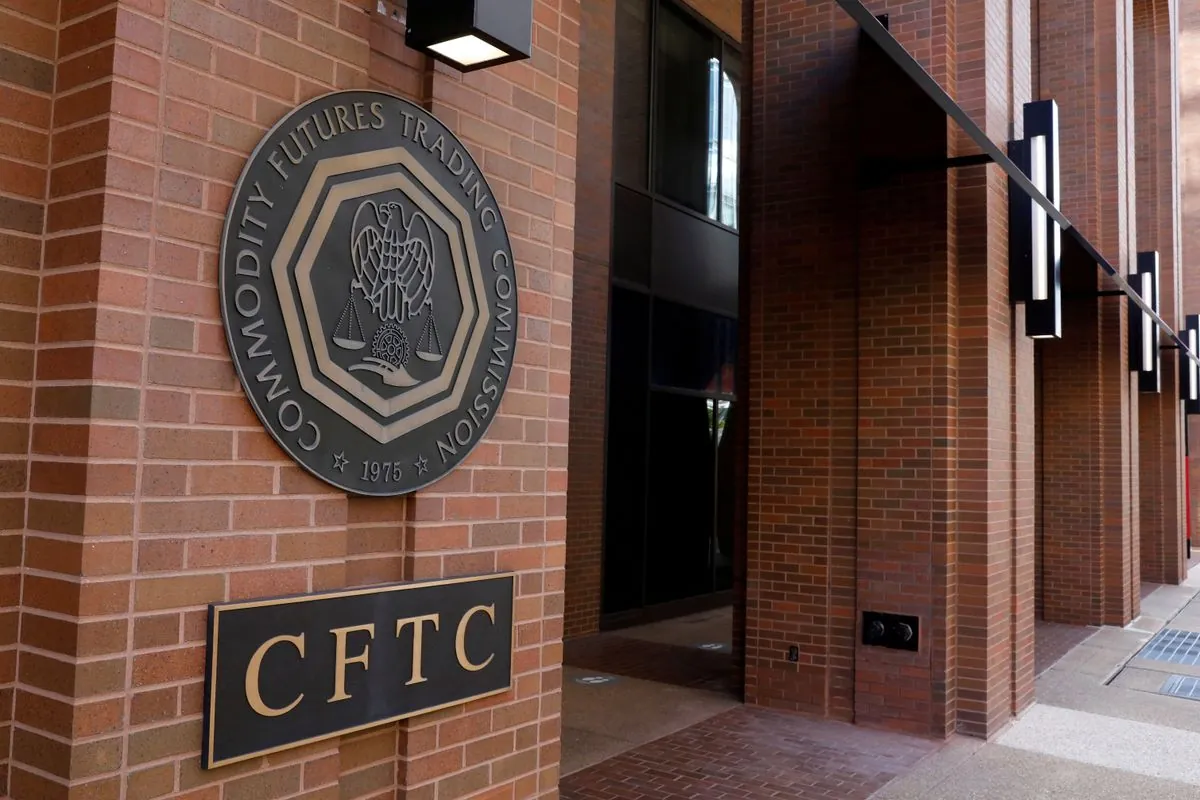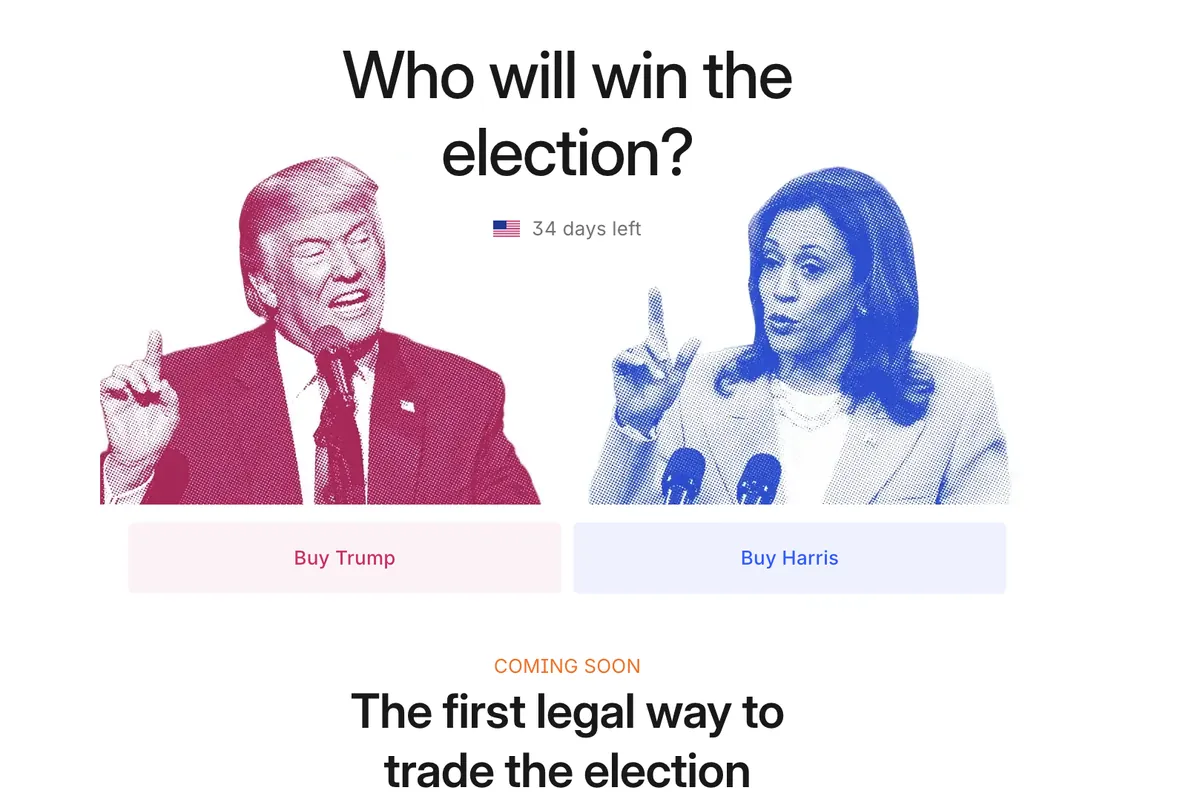Court Greenlights Election Betting, Sparking Integrity Concerns
Federal court allows large-scale wagers on 2024 election outcomes, overruling regulators' objections. Decision raises concerns about potential manipulation and impact on democratic processes.

A federal court has paved the way for substantial wagers on the 2024 US presidential election, overturning attempts by regulators to prevent such betting. This decision, made on October 2, 2024, marks a significant shift in the landscape of political gambling in the United States.
KalshiEx, an online betting marketplace specializing in event contracts, emerged victorious in its legal battle against the Commodity Futures Trading Commission (CFTC). The company had previously sought permission to allow users to bet on congressional control outcomes, with proposed stakes reaching up to $100 million for certain investors.

The CFTC, established in 1974 to regulate commodity futures and options markets, initially moved to block Kalshi's proposal. Rostin Behnam, the agency's chairman, expressed concerns about reducing democratic processes to a "source of revenue." This intervention led to a lawsuit by Kalshi, resulting in a federal judge siding with the company in September 2024.
Despite the CFTC's appeal and request for an emergency halt, the federal appeals court in Washington denied the motion. This decision potentially opens the door for betting to commence as voters begin receiving mail-in ballots, a practice that has been in use since the Civil War.
The court acknowledged the CFTC's concerns about election integrity but ruled that the agency had not substantiated claims of likely harm. This ruling comes at a critical time, with the 2024 presidential election on the horizon.
"When we reduce our democracy to a horse race for the ultra-rich and huge corporations to bet on, we demolish the integrity of our democratic process and put corporate profits over people."
The decision has reignited debates about the role of money in politics. Since the Citizens United v. FEC decision in 2010, which led to the creation of Super PACs capable of raising unlimited funds, concerns about financial influence in elections have intensified.
It's worth noting that election betting is not a new phenomenon in the US. The first known election betting market dates back to the 1868 presidential election, and such practices were common and legal until the 1940s. In recent years, blockchain-based prediction markets like Augur have emerged, adding a new dimension to political gambling.
Proponents of election betting argue that prediction markets can be more accurate than polls in some cases. The Iowa Electronic Markets, operated by the University of Iowa since 1988 for research purposes, has demonstrated this potential.
However, critics, including watchdog groups like Better Markets, warn of potential manipulation. They argue that allowing such betting could incentivize attempts to influence voters' decisions for financial gain.
As the US approaches what many consider one of the most consequential elections in its history, the impact of this ruling remains to be seen. With the 26th Amendment having lowered the voting age to 18 in 1971, and ongoing efforts to protect voting rights through legislation like the Voting Rights Act of 1965, the integrity of the electoral process remains a paramount concern.
The outcome of this legal battle highlights the complex interplay between financial markets, politics, and the democratic process in the United States. As the nation prepares for the upcoming election, the debate over the role of betting in politics is likely to intensify.


































